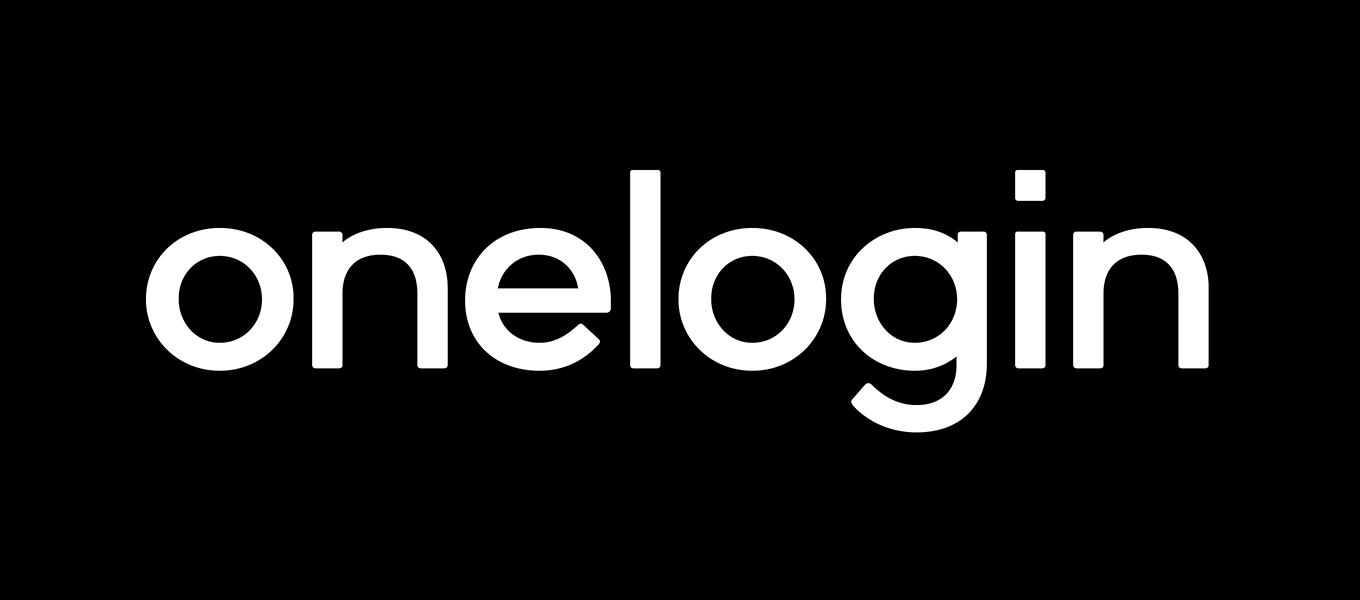There’s a serious problem that’s growing with the shifting trends of business today, and it’s an elephant in every room that every bottom-rung entrepreneur and CEO alike wants to ignore.
The problem is that businesses are becoming increasingly reliant upon third-party services to carry out their work and secure quality assurance metrics.
These metrics must be met for a host of revenue- and legal-driven reasons that can lead to insurance cuts, lost business and other serious problems down the road, so of course it’s important for every manufacturer to enlist vendors for every task that the manufacturer itself isn’t equipped to handle on its own.
This is why people hear about the network of seemingly invisible companies that are woven into a single operation.
In fact, the increasing complexity and pace of society today has burgeoned to such a degree that nearly half of the manufacturers out there have left their databases severely exposed to the laptops, tablets or smartphones that their third-party representatives are using to capture and report information with.
The ubiquity of smartphones has made it ever more possible for black-hat code manipulators to shoehorn themselves through the many uneven edges in the out-facing facade of a manufacturer’s metaphorical cyber-garrison.
Sobering dtatistics
There are several ways that an unwanted presence can find its way into a manufacturer’s database. Consider the fact that most field vendors create the following environment for the back-end IT managers to contend with:
- Different operating systems.
- Different versions of the same operating systems.
- Different applications installed on each of those operating systems that potentially have their own backdoors, permissions and loopholes.
- Different browsers to interact with the web.
- Different connection types, protocols and providers.
- Different hardware with potentially unique exploits in each combination.
This conglomeration creates a nearly infinite number of variables that a hacker can leverage to gain entry to personal information; it’s just a matter of finding the most convenient one and kicking down whichever doors aren’t secured properly with multi-factor authentication.
Some exploits are discovered early by the wrong people and are never revealed until an opportune moment arises. This leads the discussion to some scary numbers:
- Ten percent of the manufacturers on the market are exchanging data with 200 or more vendors.
- Another 33 percent use between 25 and 200 vendors.
- Of all the manufacturers that are impacted by security breaches, 90 percent are left with at least $190,000 in damages.
- The other 10 percent of that figure experience losses at a minimum of $750,000 per breach.
The problem this creates
No, this isn’t an attempt at calling out how people handle their businesses; in fact, that has very little to do with this.
The reality is, a new age of computing technology, networking and security concerns means new MFA measures must be adapted to circumvent the ever-growing threat of privacy breaches that could expose not only client data but also result in massive damages to company operations on top.
Many of these attacks occur from individuals who operate on the dark web to exchange the fruits of identity theft for sums of bitcoin to those who can impersonate clients, and the last charge that any entrepreneur wants to be saddled with in a courtroom is facilitating the ruination of people who trusted their services.
How to handle it
Companies are handling this in a number of roundabout ways with, well, more third-party companies: deep web scanners, security checkpoints, misplaced multi-factor authentication protocols, over-tightened restrictions and a number of other underwhelming measures that don’t actually prevent malicious code from making it in the front gate and to the hard drives themselves.
No, this is where the manufacturer needs to trust in OneLogin, a service that provides a complete barrier to set the business servers apart from the vendors who report their work and log into the system.
OneLogin works by channeling all incoming connections through their own services before allowing them to pass to the manufacturer’s servers, acting as a mediator.
This funnels every connection from every app, operating system and hardware configuration into a single connection that’s secured by MFA protects vendors, businesses and clients alike.
As the world moves forward, services provided by companies like OneLogin are becoming more important, especially for larger businesses.
